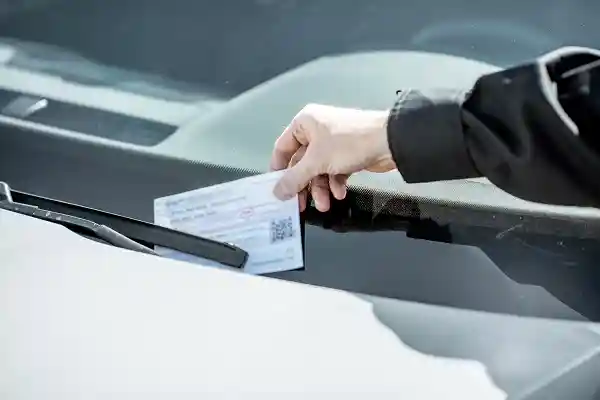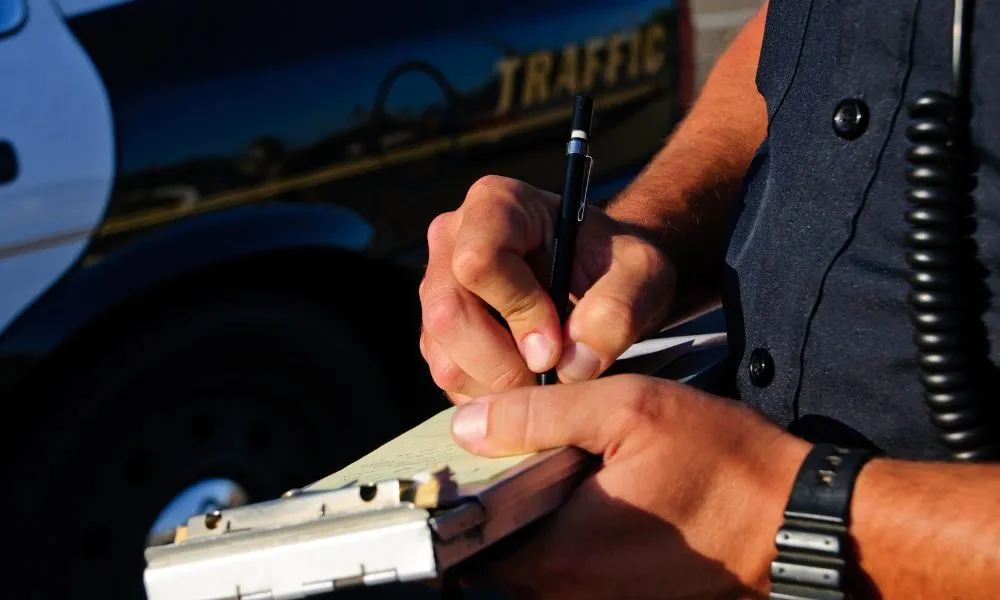Being able to drive a car sounds like a privilege as long as you do not get a ticket. From helping in emergencies to reaching your office on time, your vehicle is your best friend unless you forget the laws regarding driving on the road. In many cases, even experienced drivers fail to notice some things on the road leading to a traffic violation.
Paying the ticket is similar to pleading guilty
It is not necessary to always have a big ticket or violation that lands you right in jail. Sometimes the fine is really small and people just pay them without a second thought. But paying for the ticket would mean that you have accepted your guilt and it might have some effects on your traffic record. It is better to contact a Kansas City Missouri speeding ticket lawyer before you pay your ticket. Here are some common reasons for getting traffic tickets.
Speeding
Speeding is one of the most common reasons why drivers get pulled over. A speeding ticket might vary depending on your speed, hour and condition of traffic. Sometimes, drivers even fail to recognize that they have crossed the speed limit.

DUI
Drinking and driving is considered one of the most common yet dangerous issues as it might cause people their lives. Drivers get DUI tickets when they have more than the permitted amount of alcohol in their body. In many cases, drivers do not feel like they are drunk enough even though they have enough alcohol in their system. When you get a DUI ticket, it is necessary to get legal help to reduce the fine or remove it from your record as it might affect your license.
Driving without a license or insurance
These two are necessary for every driver and many people intentionally break these laws. No one can drive without a license if their license is suspended for the time being. This kind of violations is taken seriously and you might have to pay a hefty fine for it. Having the backing of an experienced lawyer helps to reduce the charge and also to remove it from the record in some cases.

